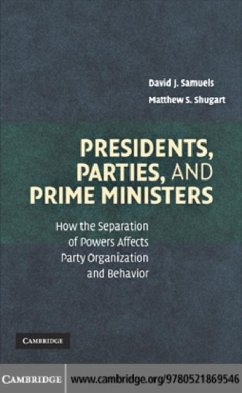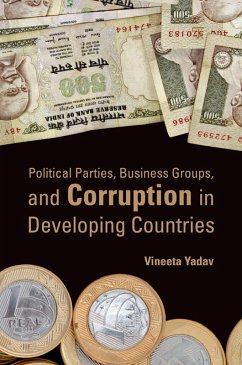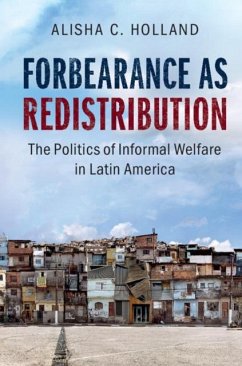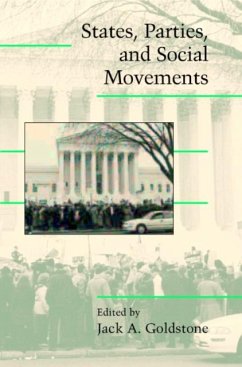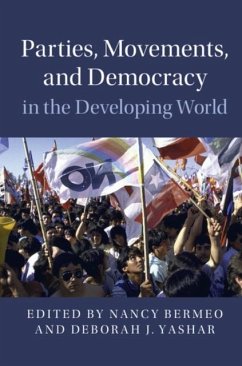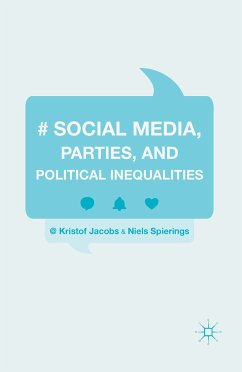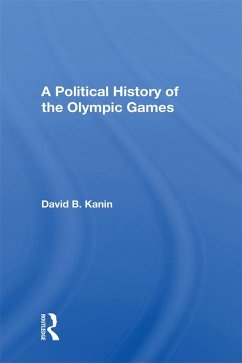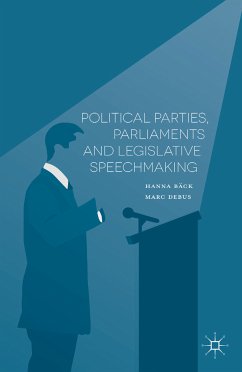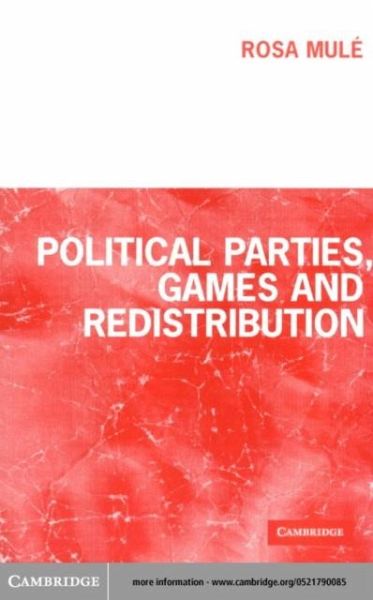
Political Parties, Games and Redistribution (eBook, PDF)
Versandkostenfrei!
Sofort per Download lieferbar
24,95 €
inkl. MwSt.
Weitere Ausgaben:

PAYBACK Punkte
12 °P sammeln!
This book explores the impact of political parties on income redistribution policy in liberal democracies. Rosa Mule illustrates how public policy on inequality is influenced by strategic interactions among party leaders, rather than responses to social constituencies. Using game theory in detailed case studies of intraparty conflicts, Mule evaluates her findings against a broad range of theories - political business cycle, median convergence, 'shrinking middle class' and demographic movements. She analyses trends in income inequality in selected OECD countries since the 1970s and provides in-...
This book explores the impact of political parties on income redistribution policy in liberal democracies. Rosa Mule illustrates how public policy on inequality is influenced by strategic interactions among party leaders, rather than responses to social constituencies. Using game theory in detailed case studies of intraparty conflicts, Mule evaluates her findings against a broad range of theories - political business cycle, median convergence, 'shrinking middle class' and demographic movements. She analyses trends in income inequality in selected OECD countries since the 1970s and provides in-depth examinations of Canada, Australia, Britain and the United States. Her methodology effectively blends sophisticated quantitative techniques with qualitative, analytic narratives. In evaluating both the impact of intraparty cohesion and ideology on redistributive policy, and trends in income inequality, this book brings a unique perspective to those interested in the study of public policy and political parties.
Dieser Download kann aus rechtlichen Gründen nur mit Rechnungsadresse in A, B, BG, CY, CZ, D, DK, EW, E, FIN, F, GR, HR, H, IRL, I, LT, L, LR, M, NL, PL, P, R, S, SLO, SK ausgeliefert werden.





